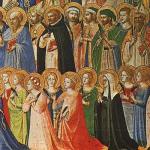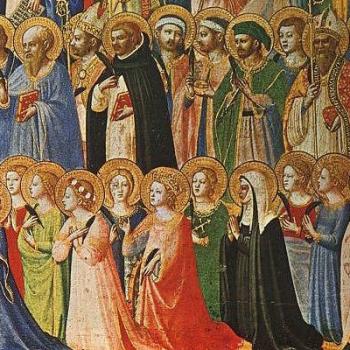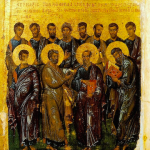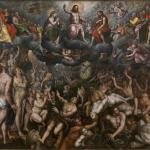All Souls’ Day, celebrated on November 2nd, is a significant observance in the Catholic Church. It is a day dedicated to honoring and praying for the souls of the departed, particularly those in Purgatory.
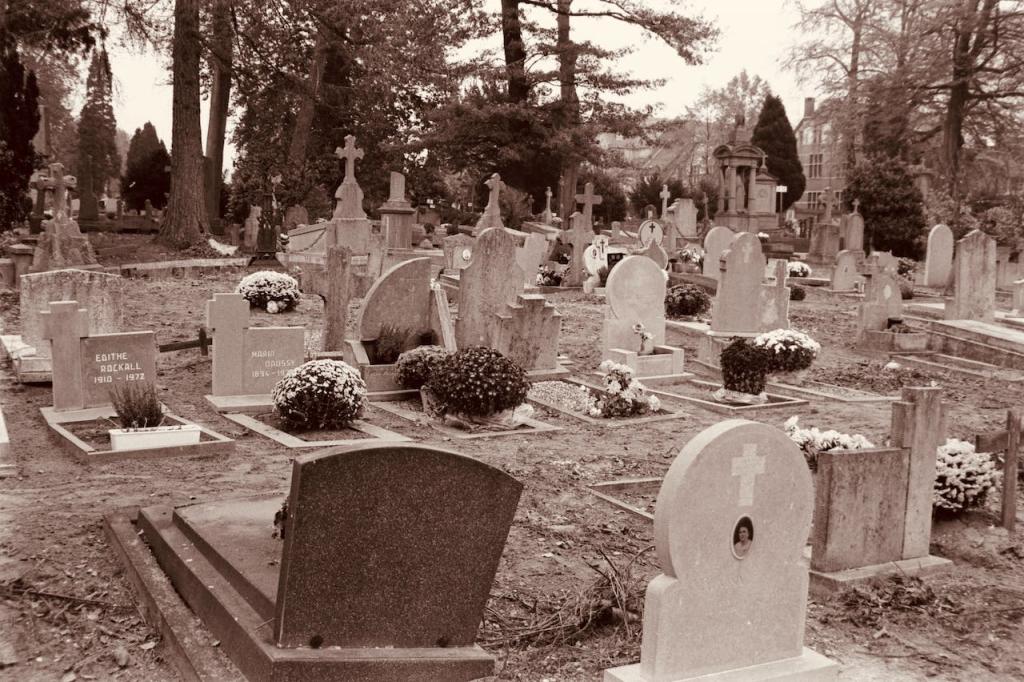
This solemn occasion offers Catholics the opportunity to reflect on the concept of life after death, the communion of saints, and the importance of intercessory prayer.
Historical Background
The history of All Souls’ Day can be traced back to the early Christian tradition of commemorating the deceased. The origins of this day are linked to All Saints’ Day, which falls on November 1st.
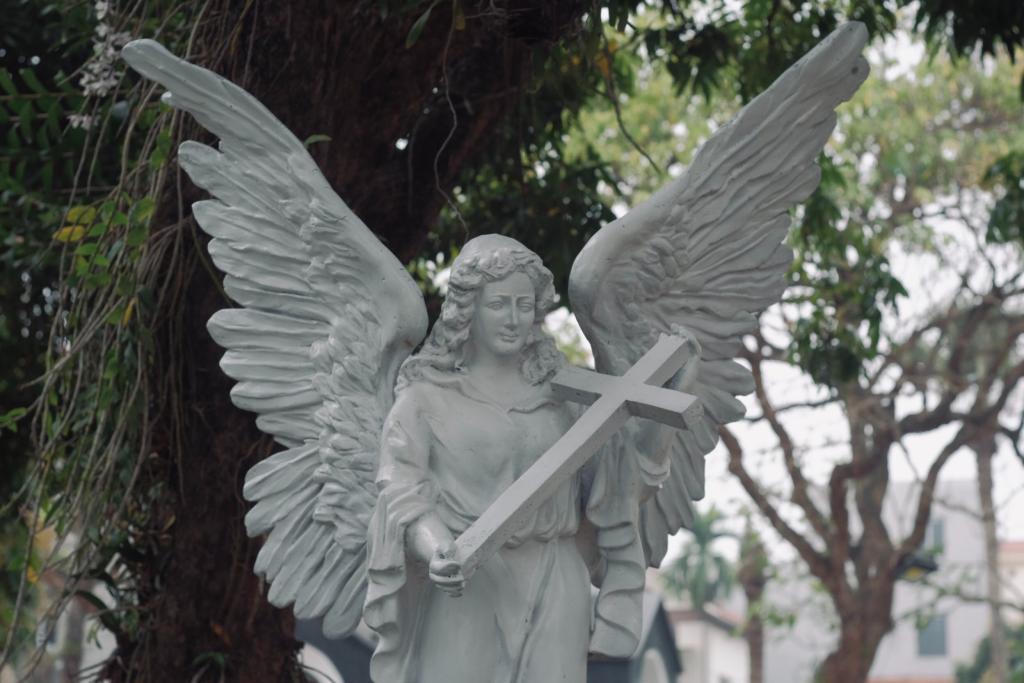
All Saints’ Day honors all the saints, known and unknown, who have attained the beatific vision of God in Heaven. All Souls’ Day, following it, extends the focus to those souls who are believed to be in Purgatory, a state of purification before entering Heaven.
Theological Significance
All Souls’ Day is grounded in Catholic theology. The Church teaches that when a person dies, they may undergo a period of purification in Purgatory, which is a state of temporal punishment for sins that have not been fully atoned for during their earthly life.

The prayers and sacrifices of the living can assist these souls in their journey toward God. Thus, All Souls’ Day underscores the belief in the Communion of Saints, which includes the Church Militant (the living), the Church Suffering (the souls in Purgatory), and the Church Triumphant (the saints in Heaven).
Purgatory in the Catholic Faith: A Place of Purification and Hope
Purgatory is a concept deeply ingrained in Catholic theology, but one that often remains a source of confusion and curiosity for many. It is a unique belief within Christianity, not shared by all Christian denominations, and carries profound implications for the understanding of salvation, divine justice, and the afterlife.
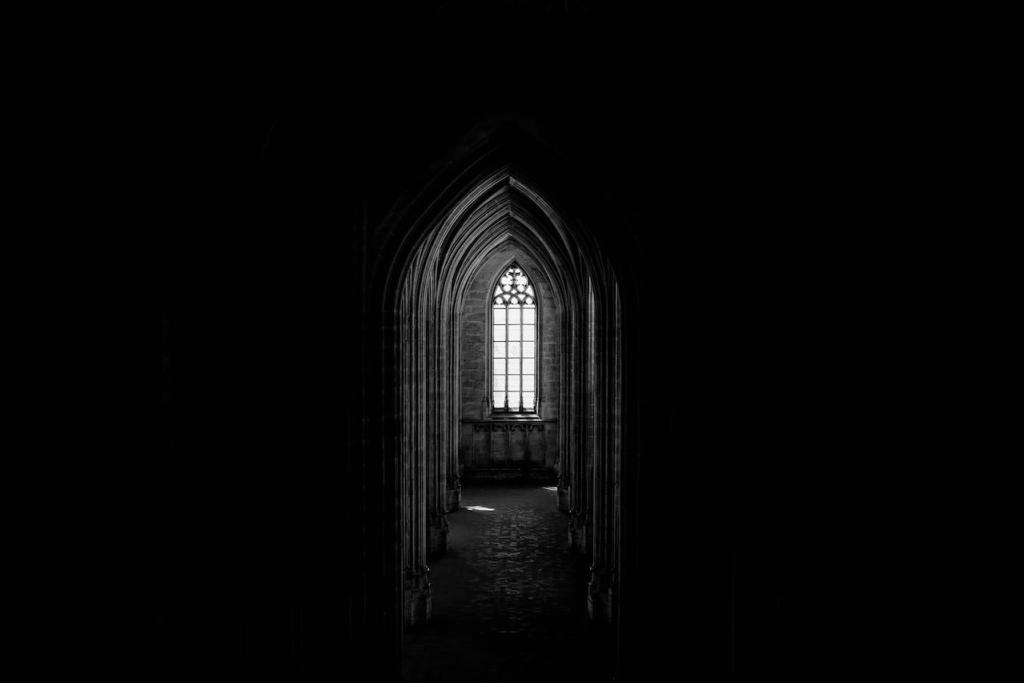
The belief in purgatory gained more theological attention in the early years of the Church – theologians such as St. Augustine and St. Gregory the Great later articulated it in detail. By the time of the Council of Trent in the 16th century, the Catholic Church officially defined the doctrine of purgatory as part of its response to the Protestant Reformation. Purgatory is seen as the means by which God’s mercy and justice are reconciled. It allows for the purification of souls who, although forgiven, still carry the residual effects of their sins.
Prayers for the Deceased
Catholics are encouraged to pray for the souls in purgatory. The offering of Masses, prayers, and good works for the deceased is believed to assist in their purification and eventual entry into Heaven. This practice is rooted in the belief that the living and the dead are part of the same communion of saints. Catholics believe in the importance of praying for the dead based on several passages from the Bible.
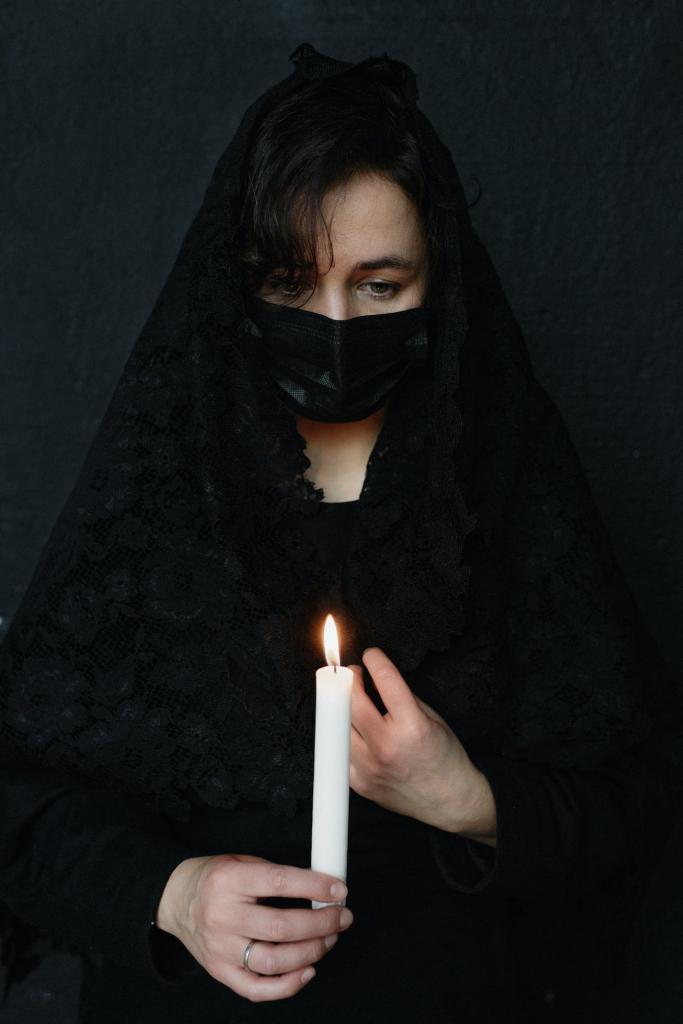
One of the key references comes from the Second Book of Maccabees in the Old Testament, where it is written that Judas Maccabeus and his men “made atonement for the dead, that they might be delivered from their sin” (2 Maccabees 12:46). This passage underscores the idea that prayer can benefit the souls of the deceased and help them find peace in the afterlife.
Traditions and Observances
• Requiem Mass – The most common and significant observance of All Souls’ Day is the Requiem Mass. During this Mass, special prayers are offered for the souls in Purgatory, and the liturgy is marked by a sense of solemnity.
• Lighting of Candles – Lighting candles is a common practice on All Souls’ Day. The candlelight symbolizes the hope of the souls in Purgatory to find their way to the eternal light of God’s presence.
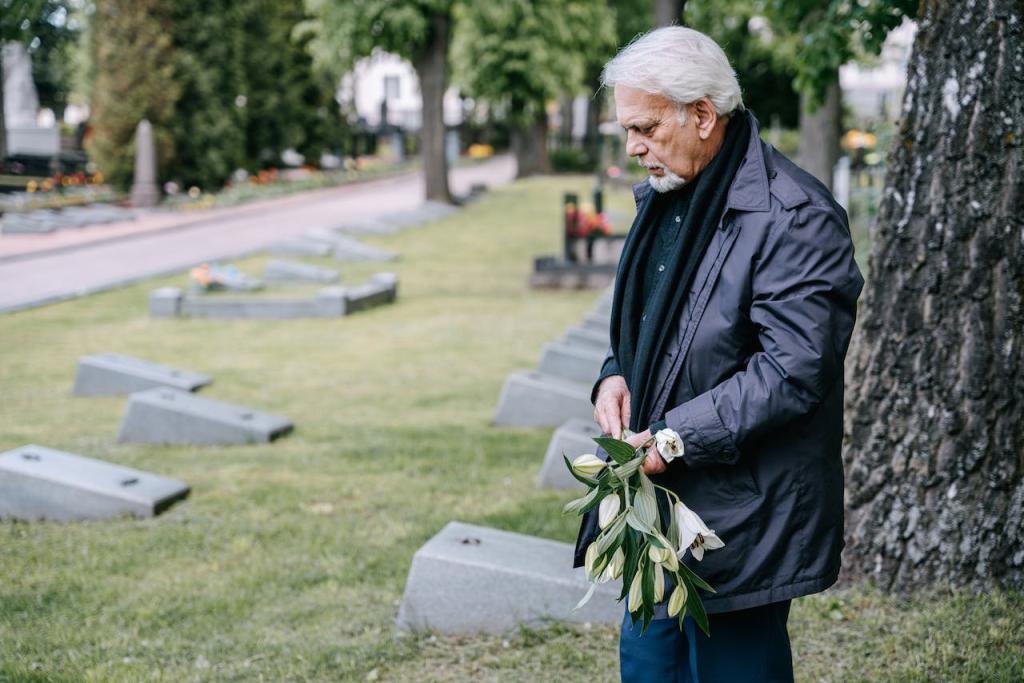
• Visiting Cemeteries – Many Catholics visit the graves of their deceased loved ones on this day, offering prayers and lighting candles at the grave sites.
• Praying for the Deceased – Families often gather to pray for their departed relatives and friends. The Rosary and prayers for the dead are commonly recited.
All Souls’ Day in the Catholic Church is a day of remembrance and hope. It serves as a reminder of the Church’s belief in the afterlife and the need for intercessory prayer for the souls in Purgatory. It emphasizes the interconnectedness of the living and the deceased within the Communion of Saints. As Catholics come together in prayer, they reflect on the transient nature of life on Earth and the eternal hope of reuniting with God in the hereafter.


